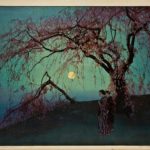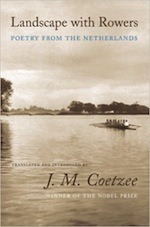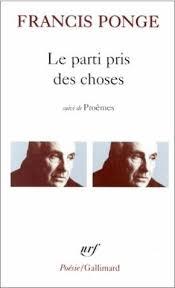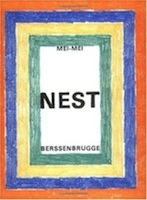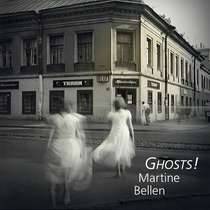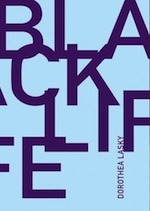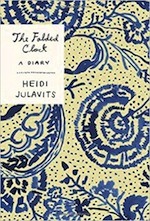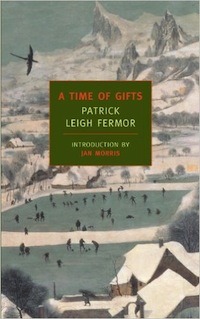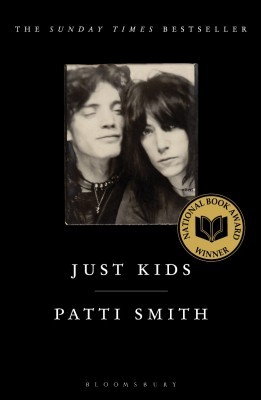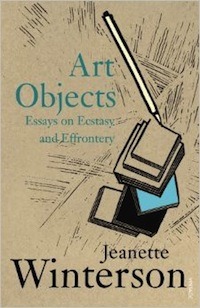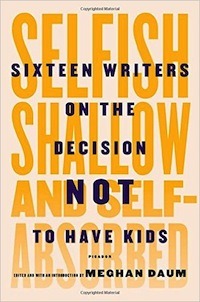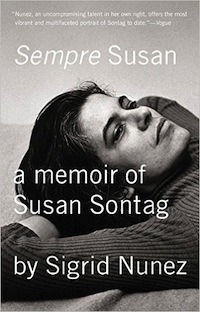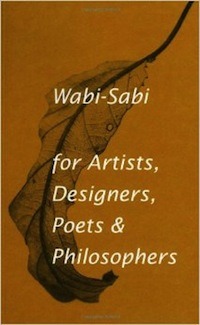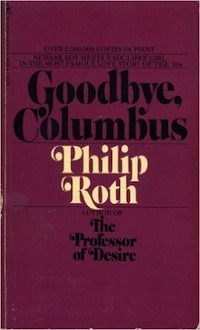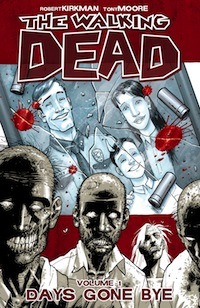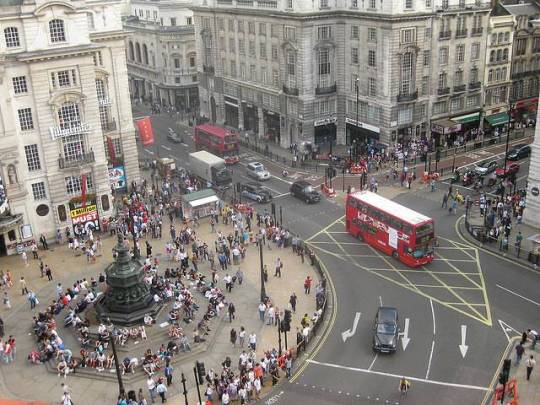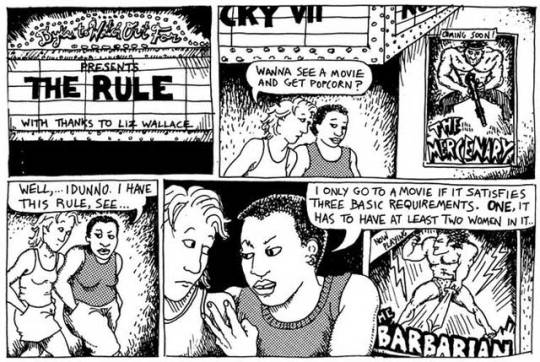I read the fewest number of books this year since I began recording my reading in 2011, another thing to blame on The Election. I consumed massive quantities of news articles, think pieces, petitions, and rants. I also subscribed to the New Yorker again, an unexpected reaction to living abroad (it’s more charming when you don’t live in New York).
Anyhow, this is the bottom of the list of my year in reading. Ranked in terms of how they affected me – images left, insights sparked, language bedazzlement renewed…
13. The Underground Railroad (2016) – Colson Whitehead
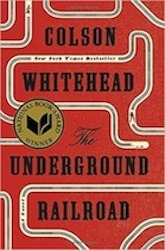
Unpopular opinion ahead, as this was one of the most celebrated novels of the year: I would have preferred to read about this subject of the novel in non-fiction form. Whitehead is passionate and eloquent on his theme, which is so explicitly slavery in a historical context, rather than the fictional characters he creates. His interest is in the way attitudes towards slavery and treatment of African Americans shifted by state, based on the laws, economy and historic moment. The main character has a too-contemporary attitude and ability to synthesize that feels beyond her moment in time. Uneducated and illiterate (until she teaches herself to read), she’s relentlessly atheist, and is able to extrapolate views on complex issues like the need for solidarity with native peoples, the reproductive rights of mentally ill slaves, and the horrors of the middle passage. While I took in the points, I wasn’t convinced it was the character who thought them. Similarly, manifesting the underground railroad as a physical rather than the real metaphor it was in history casts doubt on any real details he includes. (A novel like Beloved, on the other hand, is character-based, delving into the psychology of having a child while enslaved, and is effective in that sense. The clearly fictional aspects, like the magical realist touches (ghost baby), enhance the understanding of the people that Morrison creates, rather than casting doubt on the historical reality of slavery.)
Origin: Purchased new at Utrecht bookstore after unanimous Toastie book club vote.
14. The Circle (2014) – Dave Eggers
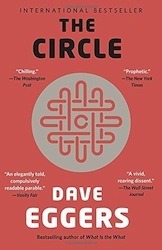
It captures the relentless cheeriness and blind optimism of the tech industry, blithely ignoring the sinister implications of inventions like tiny cameras, constant connectivity, and the destruction of privacy. I liked best the inclusion of the main character’s private moments kayaking alone, a more subtle nod to the way such moments are becoming more and more scarce. Also the descriptions of online activity – the constant need to react to the primitive emotional needs of a virtual audience. As a piece of fiction, it lost me in the last third, with heavy-handed metaphors (the Mariana Trench animals), the sudden escalation of the plot (Annie character), and the obliviousness of the protagonist (part of the point, but her stupidity was frustrating).
Origin: Gift from bookworm friend Shannon.
15. Unsuitable for Ladies: An Anthology of Women Travellers – Selected by Jane Robinson (1994)
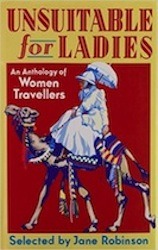
An anthology of travel accounts by women, across centuries and countries. The excerpts include accounts from a Mormon missionary in Switzerland, an ambassador’s wife in Turkey, pilgrimages to the Holy Land, rich ladies on the Grand Tour (in Italy). It’s organized by continent, very fat, and the excerpts usually quite short, so it’s only a taste of each writer. In a search for comprehensiveness, the distinctive voices are lost. Though there are some fascinating journeys, you leave them too soon and you’re not tempted to read the whole book (I didn’t).
Origin: Random purchase at a used bookstore in Gent.
16. The Talented Mr Ripley (1955) – Patricia Highsmith
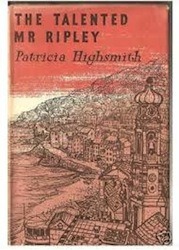
I saw the film first and it rather tainted my reading of this book. The characters and their relationships were more fully developed in the film; the sexual tension between the two men runs higher and the girlfriend (played by Gwyneth) smarter and more volatile. The film is also so scenic and lush, a European fantasy, while the book is more internal, a tour inside the mind of a cold-blooded murderer, in a thriller sort of way. I wasn’t particularly inspired to read the rest of the series.
Origin: Boekenzolder, the free book warehouse in Leiden, picked up by Dan as we as we had just watched the film.
17. PornoBurka (2013) (en español) – Brigitte Vasallo
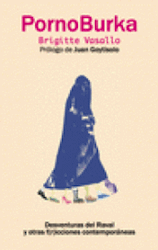
Read as part of my search for a novel I won’t be able to resist translating into English. It looked promising as it takes on very-now issues like the gentrification of cities (in this case in Barcelona), and their citizens reckoning with a new age of multiculturalism and clash of cultures. But in this novel, the parody goes so far that it’s not sure what it’s parodying anymore, or maybe what the point of the parody is. Every group and character becomes a target, to the point of being offensive (feminists, gay men, etc.), though I think the intention is the opposite. The absurdity is stretched so far it doesn’t hold together at the end.
Origin: Fantastic big bookstore in Barcelona
18. Fates and Furies (2015) – Lauren Groff
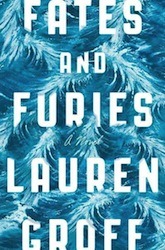
This was listed as Obama’s favorite book of 2015, possible proof the government lies. Otherwise I would say I don’t trust Obama’s taste in fiction. Although a lot of people liked this book. I did not. The protagonists are rich and beautiful and irresistible to all mortals. It features not one but two private detectives, a stolen painting, a secret abortion AND a secret baby, etc. while purporting to offer insights about marriage amid references to Greek tragedy. Writing that consciously tries to be interesting via curious metaphors (e.g. her armpit hair was like a baby bird’s nest), amid what is ultimately a schlocky plot.
Origin: Toastie book club selection, purchased at ABC Books in The Hague.
Books in Progress
Not abandoned! In progress!
SPQR: A History of Ancient Rome – Mary Beard
230 out of 536 pages. I shouldn’t have put this down, should have kept plowing through while I had momentum. A nice balance between scholarly and secular. I was enjoying it for the way it raised questions about Ancient Rome rather than providing pat answers. I will finish it!
Origin: Impulse buy at Heathrow airport bookstore following a flight delay. Had been eyeing it for some time at various bookstores.
A History of the Lowlands
Another history book. But this one soooo dry. But with good tidbits if you’re paying attention. Therefore: not abandoned yet.
Clases de Literatura – Julio Cortázar
Again, I was enjoying it but put it down and became distracted with something else. A transcript of a lecture series Cortázar gave at Berkeley, with insights into his stories, development as a writer, influences, etc.
Books Abandoned
Don’t Let Me Be Lonely – Claudia Rankine
I love Rankine’s genre defiance, her use of images, her rawness. However, this was the second time I abandoned this book out of a fear of being launched into a depression.

